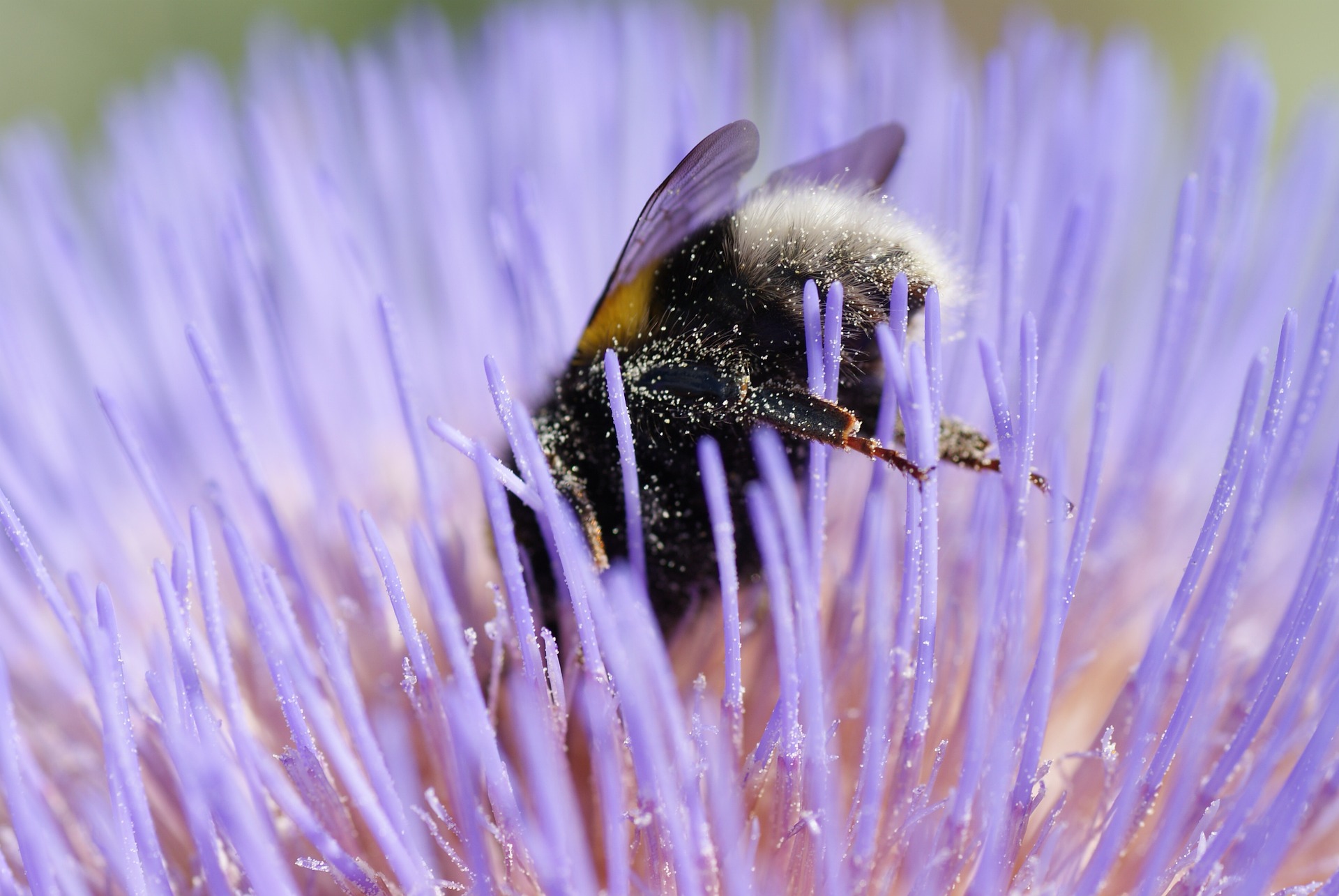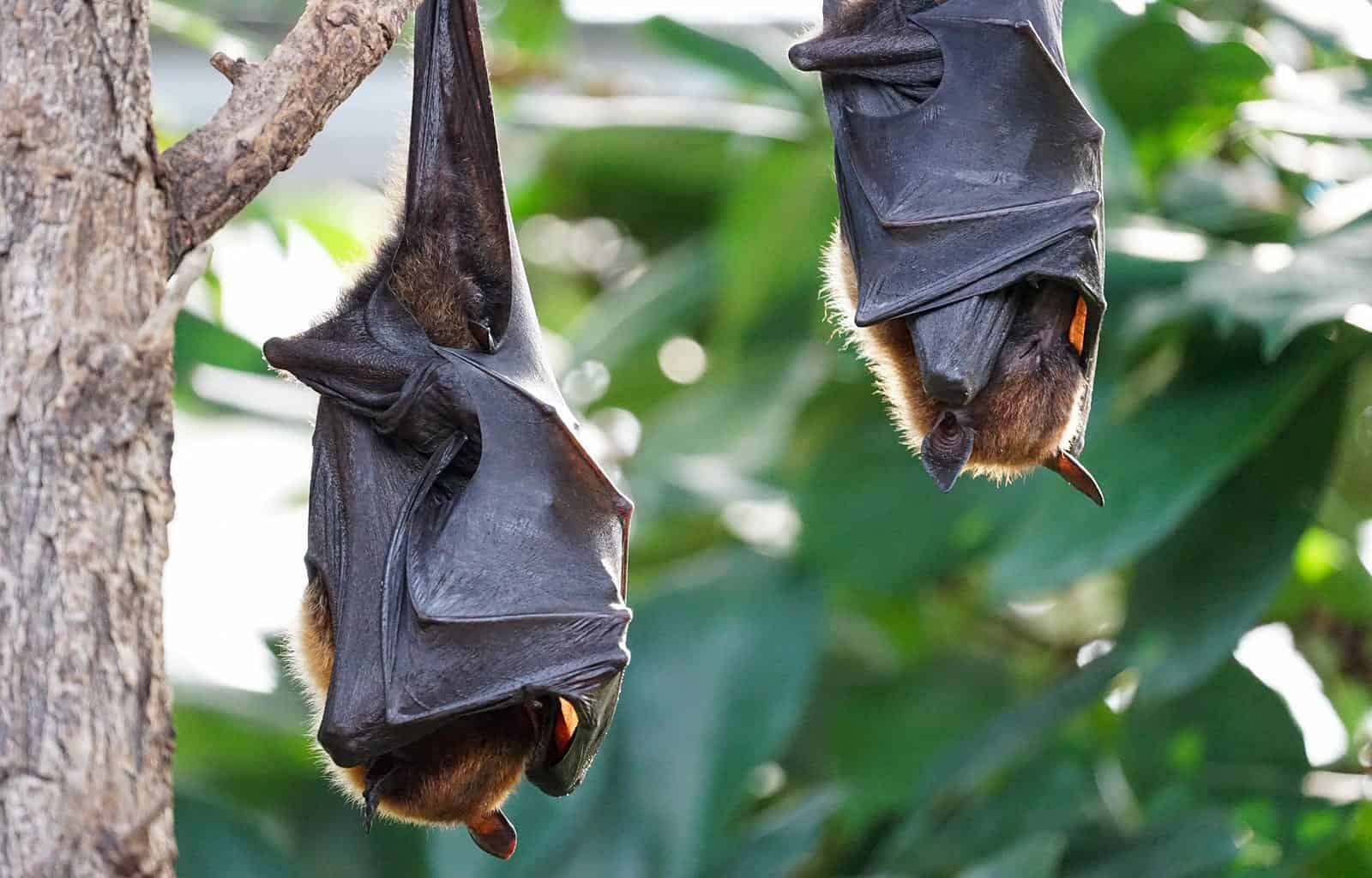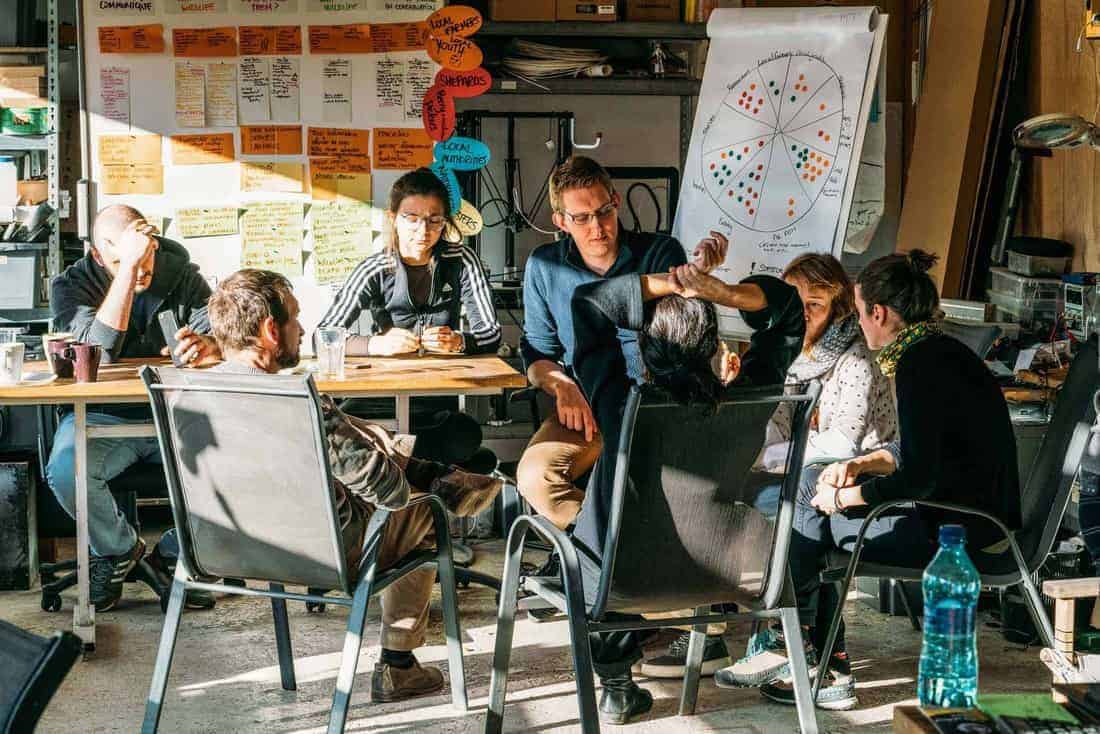How Pesticides Affect Insect Colonies
Just recently, the European Union made a startling decision regarding the use of pesticides in member states of the EU. Its members voted against a proposal to curb the use of pesticides in agriculture. Pesticides, used to protect crops from diseases, harm not only insect colonies but also pollute the air. This means that the use of pesticides finally also affects people’s health.
Testing Pesticides
Of course, pesticides are always tested in a lab before their use gets approved. However, it has become clear that there are a lot of factors that play into the tolerability of such pesticides; for example, in the lab, only one compound at a time gets tested, whereas in the field, bees, bumblebees and other insects might be exposed to various compounds over a short period of time. Especially pollinators, on their search for food and nectarous plants, fly over distances, thereby crossing also various agricultural landscapes. Moreover, it might be that more than one pesticide is used within a short period of time on the same crop, which might also still affect the insects. In addition, chemicals that are released with pesticides might persist longer in the environment than in a testing lab.
Effects of Pesticides on Insects
A recent, very comprehensive study, tested the effects of pesticides in the real world, i. e. outside of the lab. There is a lack of such studies, which take into account actual situations and not only hypothetical, one compound pesticides. The scientists collaborating on the study placed over 300 commercially-reared bumblebee colonies at 106 different agriculturally used sites in eight European countries. Then, they collected pollen samples from the colonies to test them for over 250 different pesticides.
The study showed that the pollen was contaminated with various pesticides. In fact, on average all pollen samples that were tested were contaminated with eight different chemicals; the largest number of one colony was 27 pesticides, an appalling revelation. Consequently, it also seems logical that colony growth was lower in colonies with a higher risk of getting contaminated by pesticides. These colonies had less offspring, too.
Even though there are some regulations in the EU regarding the use of pesticides, these do not protect the pollinators enough, as this study shows. There are some initiatives that encourage alternative and regenerative farming, and this should be supported more by the EU.









